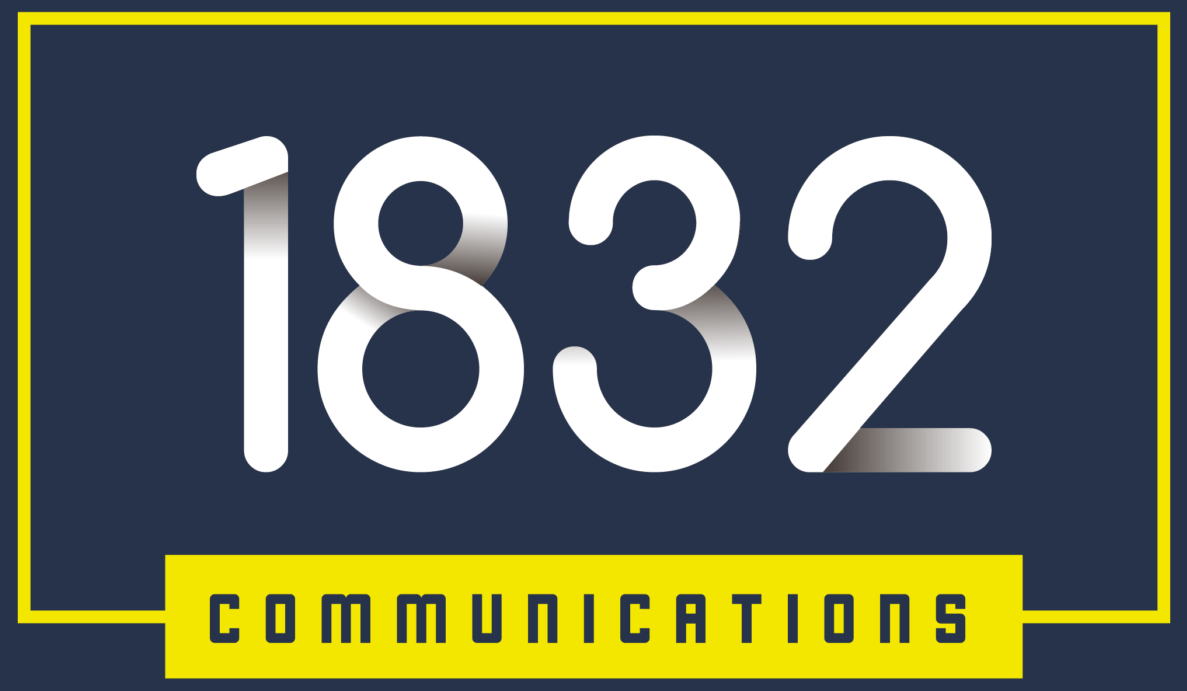When I was a kid, my mom used to always remind me to share and play nicely with others. The power of a group is greater than the individual.
She wasn’t wrong. When we work as a collective, together with a shared purpose, we can get great things done. But when we’re off on our own, we’ll accomplish less. We won’t necessarily meet our goals.
However, in the nonprofit world, this advice seems to have fallen on deaf ears. Many organizations prefer to “go it alone” because this way they don’t have to share money, credit or the spotlight with anyone else.
As someone who not only worked for organizations but also spent three years working for a global family foundation, I’m here to tell you you’re doing it wrong.
Very wrong.
A Tale Of Two Fundraising Words
I want to introduce you to two fundraising words. One that nonprofits dislike and one you may not know but should become familiar with.
The first word is collaboration. The second is coopetition.
I’m sure you’ve heard the first word. You may not have heard of coopetition but it’s one of my favorite words. I first heard it about 10 years ago from an acquaintance and it has stuck with me.
Let’s look at both words and how they can help your fundraising efforts.
Collaboration
Collaboration (n): The action of working with someone to produce or create something.
Your nonprofit collaborates with others all the time: Donors, volunteers, event staff, corporate partners.
But there’s one entity that many organizations refuse to even consider working with: Other nonprofits, especially if they’re in the same space.
No one wants to share the spotlight. We want it all for ourselves! Why should I work with them?!
This kind of thinking goes against the very way we reach out to donors. We ask them to partner with us in making our communities better and having positive impact on those who need it most.
But when it comes to working with other organizations, suddenly two isn’t better than one.
That is exactly the kind of thinking which will NOT lead to growth.
Think about it: Even in the same space, other organizations bring different types of processes, programs, services, ways to do things to the table. The chance to partner means a chance to learn from each other’s best practices and work to impact more people.
That’s something you should WANT and SEEK OUT.
But if your boss or Board are against it, lemme put the money on the table:
Know who likes collabs? Corporate and foundation funders.
Why? Because they get more bang for their buck. More people are helped and served. Because there’s double the impact.
During my time working at a foundation I saw this time and time again. Funders PREFERRED to receive one grant application from two or more organizations. They understood the power of charities working together to accomplish more.
When there’s collaboration, you increase the chances of a funder saying yes to your request.
Think about that the next time you decline a chance to partner with another nonprofit.

Image by Gerd Altmann from Pixabay
Coopetition
Coopetition (n): The action of cooperating with your competitors.
In the for-profit world, we wouldn’t expect Walmart to partner with Target. Nike to collaborate with Adidas. McDonald’s to cooperate with Burger King.
But in the nonprofit world, you and your competitors have shared goals:
- Do good
- Make the world a better place
- Help those who need it most
- Improve the lives of individuals, families and the overall community.
Of course your missions may differ slightly and the awesomesauce you use to make the magic happen isn’t the same.
But so what?!
No one says you have to share trade secrets with other organizations. I’m not telling you to give away all your internal knowledge and expertise.
But I AM telling you to seek out partners, even if you consider them competitors.
Consider your donors: Neither organization wants to lose donors to another charity. But that’s your internal problem!
Your donors don’t care. They want to live in a fairer, better, greener, happier community. If two local organizations working together will make that happen faster, of course they’ll sign on and give!
Stop thinking about you. Think about what donors and funders want!
By not collaborating, you are fencing yourself off from greater funding, boosting impact opportunities and helping even more people.
If you’re so small-minded that working with others worries you to the point of wanting to always go it alone, don’t complain when you’re always in survival mode.
You’re being your own worst enemy.
An Opportunity, Not A Threat
When Perry first mentioned the word “coopetition” to me, here’s how he explained it to me:
“Every year I go to Boston for business. Our number one competitor is based there. Each year we make time to meet for a few hours to discuss the market, where things are headed, new technologies and many other topics.
We both stay away from revealing trade secrets. But we both want for our customers to maximize revenue and build their customer base. So rather than keeping everything to ourselves, we have an open discussion and see if we can find solutions to common problems.
They’re my competitors but I also learn a ton from them, knowledge they WILLINGLY share with me. And I do the same for them.”
Collaborating with other nonprofits is a huge opportunity for your organization.
Don’t view it as a threat. View it as an opening to internally upgrading your fundraising and marketing results and externally to impacting a lot more people.
It’s a win-win for everyone.





